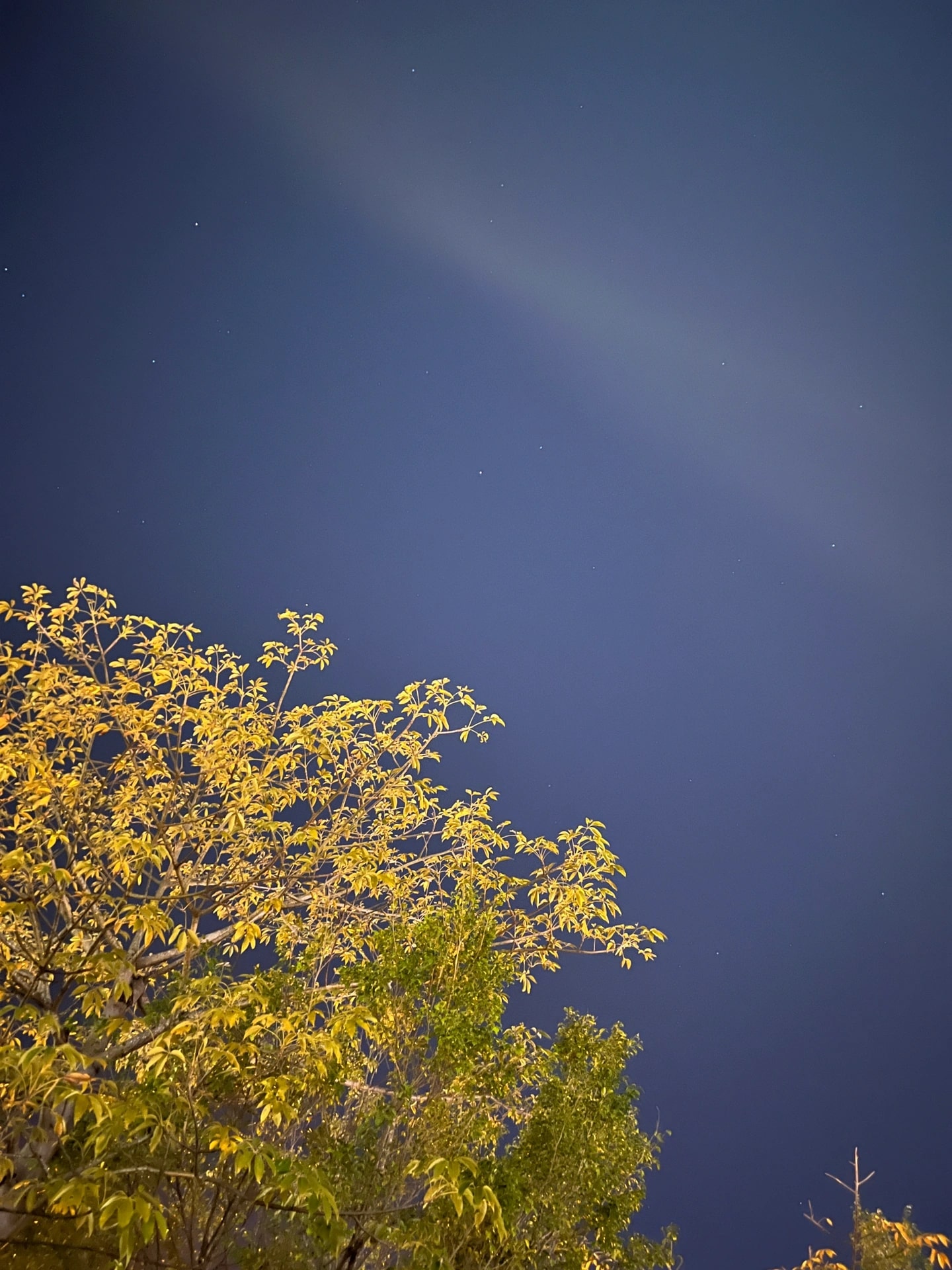Special modes
Night mode and Portrait mode
Night Mode
Similar to optical zoom, night mode has become a prominent feature in recent years. It enhances the quality of nighttime photos by extending the shooting time and combining multiple shots into one image using algorithms.
Since this algorithm works by merging several images, the camera interface usually prompts you to stay still during the process. To achieve the best results, it is crucial to hold your phone steady; the steadier the phone, the better the image quality.

It’s worth mentioning that the flash may perform better than night mode when shooting close-ups in dark environments
Portrait Mode
Portrait mode does not need to be used every time you photograph a person. It also relies on algorithms to create its effects, simulating the shallow depth of field effect of a large aperture lens. Due to the hardware limitations of smartphone lenses, which cannot naturally blur the background from a distance, an algorithm is used to simulate this effect.
On current smartphones, the most accurate portrait mode is achieved with a telephoto lens combined with a blur algorithm. However, if the device lacks a telephoto lens, the portrait mode simply simulates the background blur effect, as seen in the iPhone 13.
When using portrait mode, similar to night mode, you should work with the algorithm rather than against it. Select scenes where the subject is clearly separated from the background, and avoid complex backgrounds to ensure the best results.

On This Page